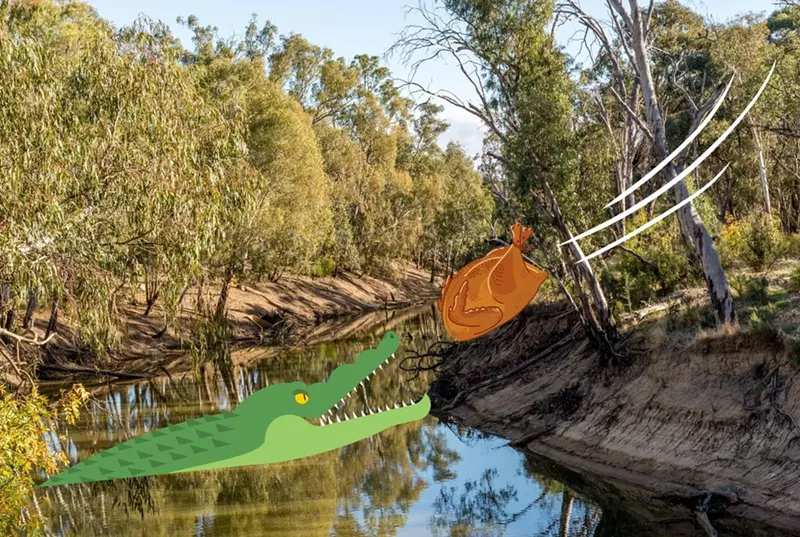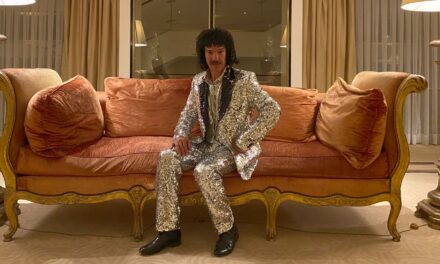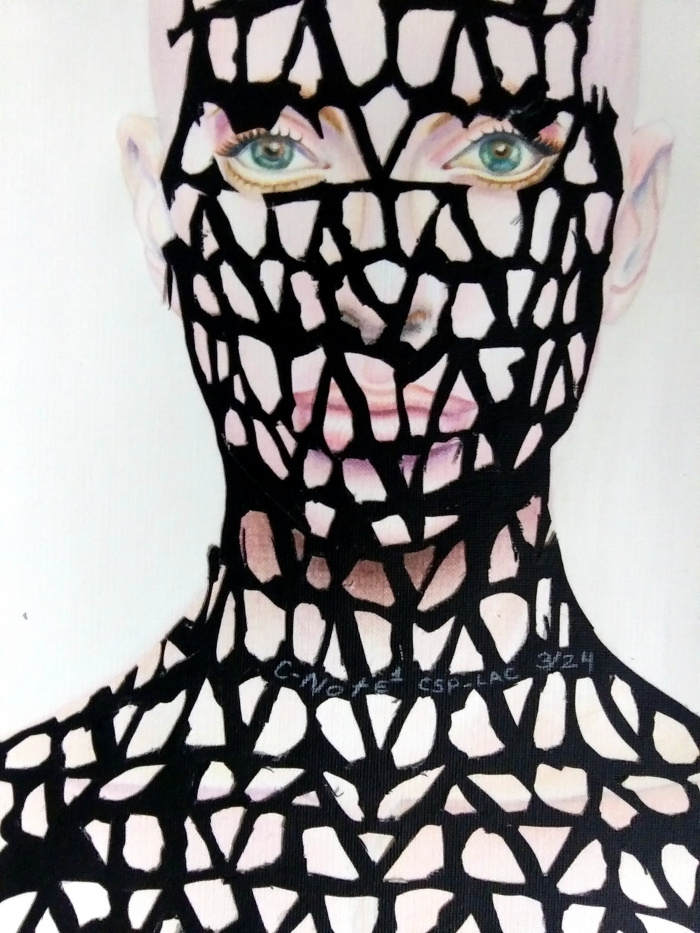An Australian OnlyFans content creator had a great idea for her channel. Recording herself feeding an animal seems like a great idea on the surface… except that the animal Jaylie Bonow chose to record herself feeding was a wild saltwater crocodile. For those who are curious about what was for dinner, Jaylie Bonow fed the croc a cooked chicken.
This wasn’t like tossing some sliced grapes to the ducks that reside in the pond at your neighborhood park. In Australia, it’s highly illegal to feed wild crocodiles. Why?
Think about those friendly neighborhood duckies. What do they do when they see people? Do they scurry away, or do they waddle up to the humans? Generally speaking they get pretty close to people, as they’ve learned that they tend to have snacks, and that they can count on the snack wielding bipeds to fill their bellies.
The ducks have learned.
And so have turtles, some deer, and the list of animals that aren’t domesticated that have come to associate humans with snacktime is really not short, actually.
Do you really want crocodiles— one of the few animals that occasionally hunt humans because they think we’re tasty— to start associating us with fast food? The Australian government sure doesn’t, which is why Jaylie Bonow’s video landed her in the middle of an investigation, and having to pay a $2,580 fine.
Feeding wild animals not only teaches them to associate humans with low-effort snacks, it also reduces their fear of humans; and that fear? It’s what keeps us safe from wild animal attacks— especially with wild giant reptiles with freakish jaw strength and rows of super sharp teeth. Given that crocs are pretty common in Australia, not wanting them to start moving towards humans for snackies everytime they see people in the distance seems like a reasonable ask.
Even if you think you know an animal’s behavior, we promise you don’t. Wild animals are unpredictable, and even the experts can’t always tell you what to expect 100% of the time when interacting with them. Hi, Steve Irwin spent his entire life playing with animals in their natural habitat, and still died due to a stingray managing to sneak one over on him.
Local regulations around animals exist for a reason, and if you’re going to be in a place where intentionally interacting with wildlife is a possibility, consulting a wildlife expert— or at least reaching out to local authorities to make sure you understand the rules and regulations around said beastie— is going to be the best practice.
Moral of the story: if you like Jaylie find yourself with the opportunity to feed a croc a chicken; don’t. The risk of the croc deciding that you look better than that scrawny bird in your hand is real, and that dino descendant is definitely faster than you.
We hope that next time Jaylie will remember to use her eyes, and keep her arms— and her chickens— inside the vehicle at all times.
This post was originally published on this site be sure to check out more of their content.






